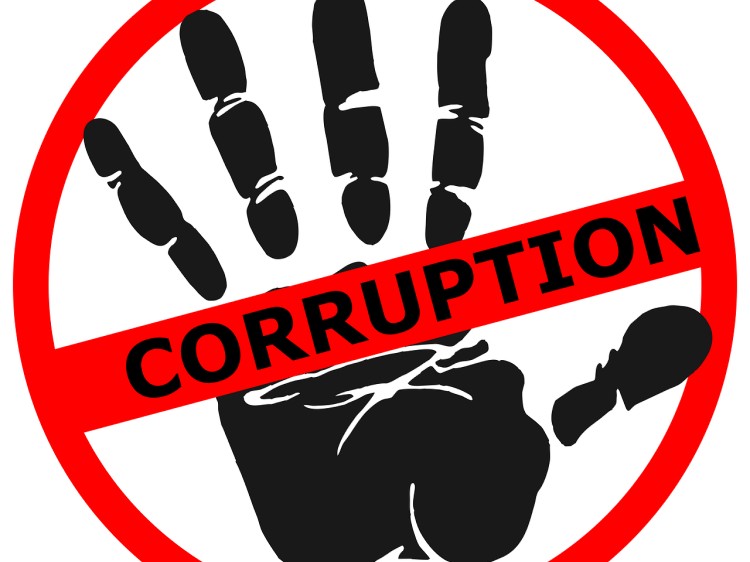Does corruption have a sanding or greasing impact on innovation?

Corruption affects economies all around the world by encouraging businesses to engage in unproductive activities like bribery and fraud. This significantly impacts productivity and costs the global economy around 5% of its GDP each year. There are different views on how corruption affects innovation. Some believe it hinders innovation ("sand" perspective), while others think it can sometimes boost it ("grease" perspective). Our findings highlight that corruption most negatively affects research and development (R&D) and patenting activities, which are crucial for economic growth. Additionally, foreign firms in developing countries may benefit from corruption, whereas domestic firms aiming to compete globally suffer. This means that the benefits of innovation tend to concentrate outside the countries where corruption has a "greasing" effect. In countries with weak institutions, corruption's negative effects can become less severe or even turn positive. This happens because the risk and penalties for bribery are lower, and corruption can actually reduce some uncertainties. Corruption is more likely to boost innovation in places where companies see political instability as a big issue. Our research shows that although corruption might occasionally stimulate innovation, its overall effect on a country's innovation is negative. Sustainable innovation at the national level needs a supportive ecosystem of innovative firms, including competitors, suppliers, and distributors. Overall, using corruption to get things done is only a "second-best" solution in countries with weak institutions. Even if corruption helps some parts of the economy, it still leads to serious negative effects, like higher poverty and inequality. Our findings clearly show that although corruption might sometimes encourage innovation, its long-term effect on a country's overall innovation is definitely negative. Therefore, policymakers should avoid allowing corruption, even if it seems like it might speed up processes or help certain companies innovate in the short term. Our findings are based on a synthesis of 103 studies using systematic literature review.  Shoeb Mohammad, Jie Yang & Irfan Butt (2024). Does corruption have a sanding or greasing impact on innovation? Reconciling the contrasting perspectives through a systematic literature review. (external link) Research Policy, 53(7), 105036.
Shoeb Mohammad, Jie Yang & Irfan Butt (2024). Does corruption have a sanding or greasing impact on innovation? Reconciling the contrasting perspectives through a systematic literature review. (external link) Research Policy, 53(7), 105036.
